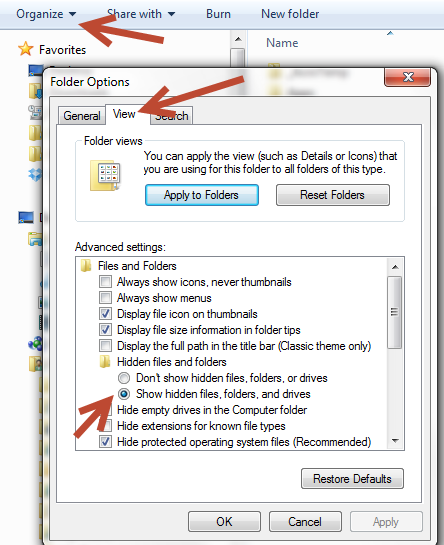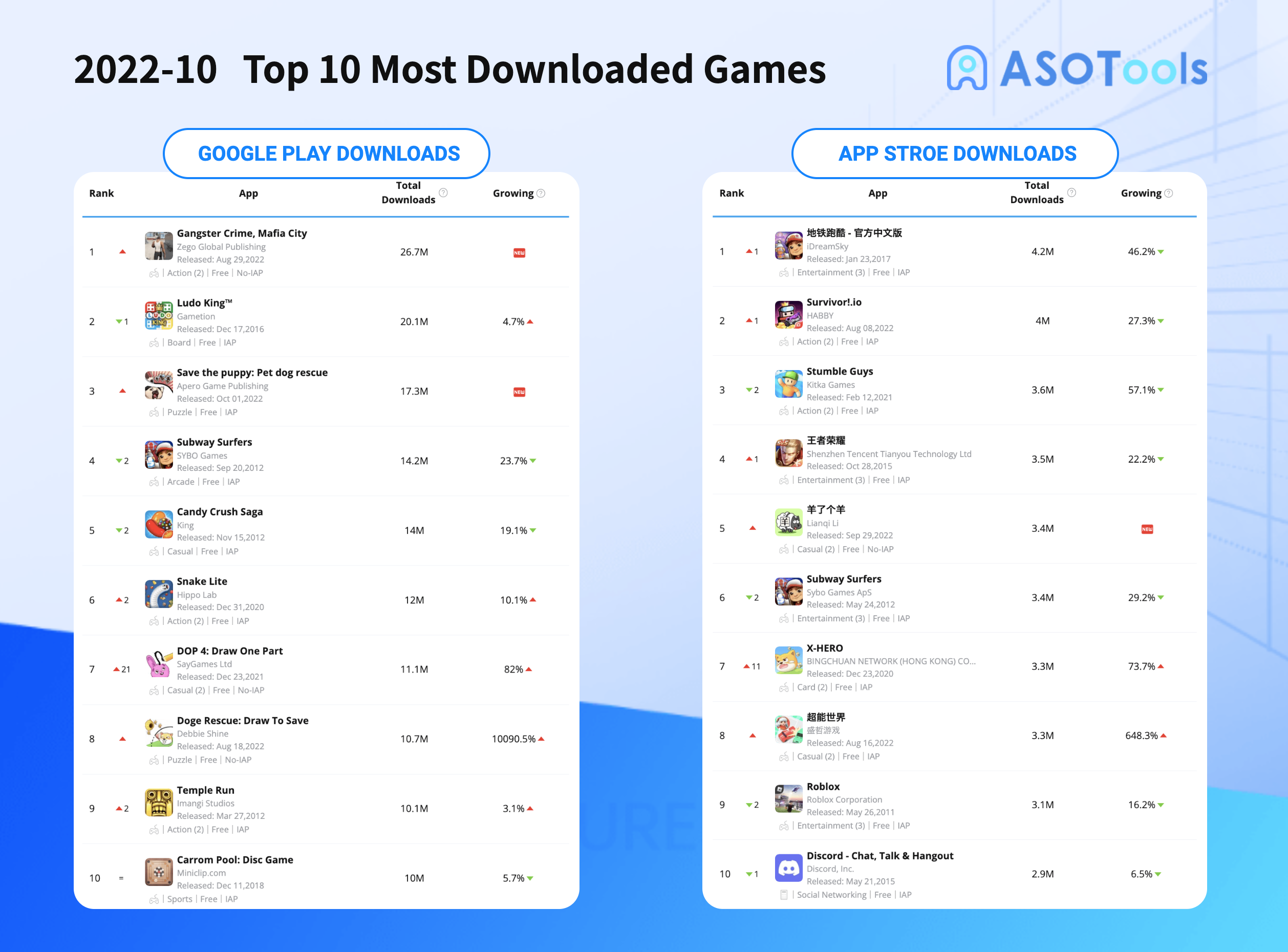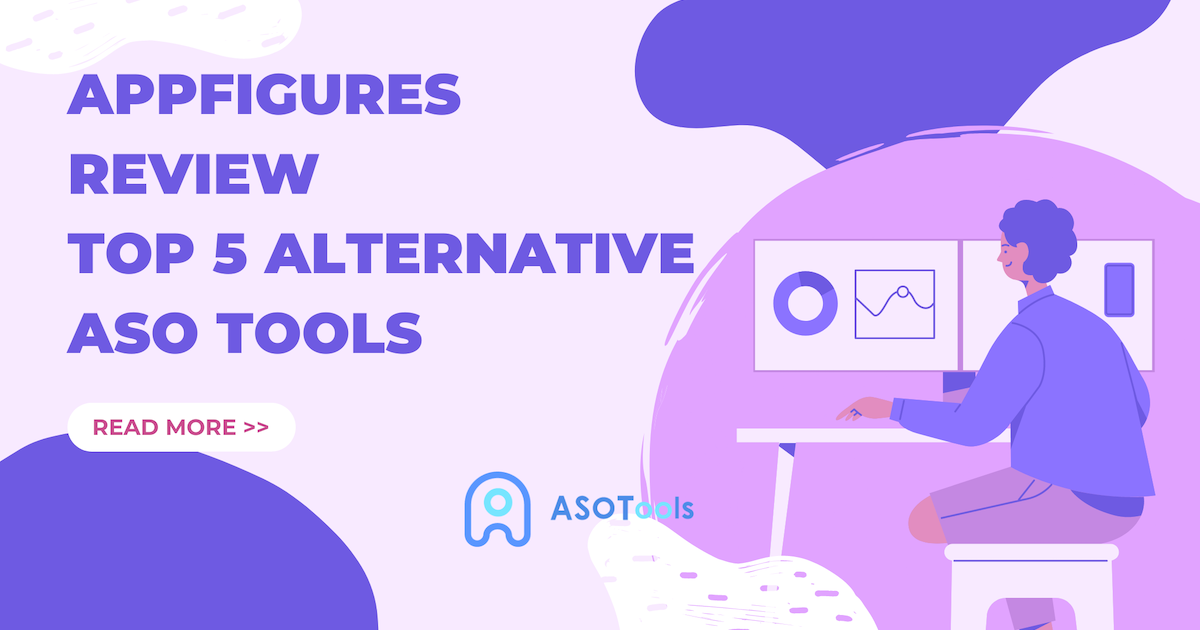This article introduces the types and functionalities of mobile app analytics tools. Mobile app analytics refers to the process in which app marketers collect data on user behavior and app performance to improve app functionality, user experience, and overall performance. Mobile app analytics tools are designed to assist app developers and marketers in collecting, analyzing, and interpreting data related to mobile app performance and user behavior. These tools provide insights into key metrics such as app installs and active users, user engagement, retention rates, and conversion rates.
What are mobile app analytics?
Mobile app analytics is a process where app marketers gather data on user behavior and app performance, focusing on iOS and Android platforms. The data collected includes metrics like app installs, user engagement, retention, conversion rates, and more. The aim is to transform this data into insights that can improve the app's functionality, user experience, and overall performance.
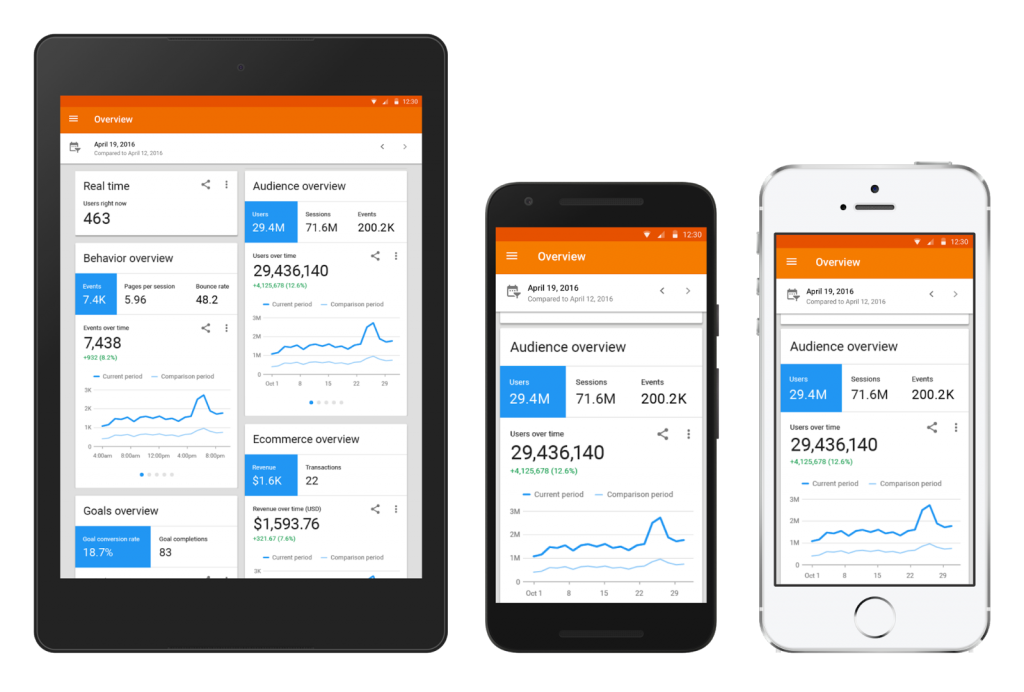
What are mobile app analytics tools?
Mobile app analytics tools are software designed to help app developers and marketers collect, analyze, and interpret data related to the performance and user behavior of mobile applications. These tools provide insights into key metrics such as the number of app installs and active users, user engagement levels, retention rates, conversion rates, and more. By leveraging mobile app analytics tools, businesses can make informed decisions to optimize their app's functionality, enhance the user experience, and improve overall app performance.
Types of mobile app analytics tools
Mobile app analytics tools can be categorized into several types, including in-app analytics, app performance analytics, and app marketing analytics. Each category serves a specific purpose in ensuring the success of your app.
In-app analytics
In-app analytics focuses on analyzing user behavior and interactions within the app. By implementing mobile analytics tools for in-app analytics, you can gather data on how users navigate and engage with your app. These tools provide key metrics such as device information, user demographics, and user behavior. Device information helps identify the types of devices used by app users and how device characteristics may affect their behavior. User demographics provide insights into language, gender, location, and user retention. User behavior metrics reveal how users interact with the app, which features they use the most, and how their actions impact app installs and conversions. Analyzing these metrics helps identify areas for improvement, such as content, product, or app design, and provides valuable insights into user attributes and personas to enhance the user experience.
App performance analytics
App performance analytics, while still within the realm of in-app analytics, focuses on the technical performance of the app itself. This category is crucial for optimizing the app and ensuring user satisfaction. Performance analytics tools monitor and identify errors that may occur during app usage, including uptime, crashes, responsiveness, and resource usage. By tracking these metrics, you can identify issues such as app crashes on specific device models and optimize app performance for better user experience.
App advertising analytics tools are essential for measuring the performance of your app advertising campaigns. These tools provide insights into the effectiveness of marketing channels and help calculate the return on investment (ROI) of your advertising efforts. Metrics such as click-through ratio (CTR), conversion ratio (CR), cost-per-click (CPC), effective cost-per-mile (eCPM), and cost-per-install (CPI) help evaluate the success of ad campaigns and target ads more effectively.
App marketing analytics
App marketing analytics, also known as app store analytics, focuses on analyzing how your app is marketed within app stores. This category provides data on the visibility and performance of your app in the app store, including changes in target keywords, metadata, and other marketing campaign elements. It also tracks user acquisition, in-app purchases, and competitor performance across multiple app stores. By monitoring these metrics, you can optimize your app's visibility and performance in app stores and gain insights into user behavior, such as app views, purchases, registrations, content viewed, shares, and custom events.
In summary, mobile app analytics tools encompass various categories, each serving a specific purpose in understanding user behavior, optimizing app performance, measuring advertising effectiveness, and analyzing app store marketing. By leveraging these tools and analyzing the relevant metrics, you can make data-driven decisions to improve your app's success.
What are the benefits of mobile app analytics tools?
Mobile app analytics software can provide valuable insights into how your app is performing, helping you make informed decisions to optimize its functionality and user experience.
Enhanced User Experience:
Mobile app analytics software provides valuable insights into user behavior, allowing you to identify and address any issues in your app. By utilizing tools like UXCam, you can analyze user sessions and gain a comprehensive understanding of how your app functions in real-life situations. This enables you to make necessary adjustments to improve the look and functionality of your app, ultimately enhancing user satisfaction.
Increased User Engagement:
By monitoring user interactions with your app, you can gain insights into which features are popular and which ones need improvement. This knowledge allows you to prioritize development efforts and focus on areas that matter most to your users, resulting in a better app experience for everyone involved.
Improved Retention Rates:
Analyzing retention and churn rates through mobile app analytics software helps you identify patterns and trends that may impact your app's popularity. By addressing areas of concern and making improvements, you can increase user satisfaction and encourage longer-term engagement with your app.
Informed Marketing Strategies:
Mobile app analytics software allows you to delve into user behavior and acquisition channels, helping you identify the most effective strategies for reaching and retaining the right users. By leveraging these insights, you can optimize your marketing efforts, saving money and achieving desired results.
Data-Driven Decision Making:
Access to real user data empowers you to make informed choices for app development and marketing strategies. By leveraging the insights provided by mobile app analytics software, you can reduce guesswork and confidently optimize your app's performance.
Optimized Monetization Strategies:
Mobile app analytics software enables you to analyze user behavior and identify profitable revenue sources. By optimizing your monetization strategy based on these insights, you can maximize your app's earning potential.
Streamlined Workflow:
Integrating mobile app analytics tools with other platforms such as marketing automation and customer support software streamlines your workflow. This integration provides a deeper understanding of your app's performance and opens up opportunities for growth and improvement.
Competitive Advantage:
By leveraging mobile app analytics software, you gain insights that give you a competitive edge in the app market. These insights help you continually improve your app's performance, user experience, and stay ahead of the competition.
In summary, mobile app analytics tools offer a range of benefits, including enhanced user experience, increased user engagement, improved retention rates, informed marketing strategies, data-driven decision making, optimized monetization strategies, streamlined workflow, and a competitive advantage. By embracing these benefits, you can optimize your app's performance, achieve your business goals, and stand out in the competitive app market.
What are the best mobile app analytics tools?
Finding the perfect mobile app analytics tool can be a daunting task. To make this process easier, we have curated a list of the top 10 recommended mobile analytics tools. We hope that this compilation will help you in choosing the most suitable tool for your specific needs and business requirements.
1. ASOTools
ASOTools is a comprehensive platform that provides 360° mobile app analytics and competitive research capabilities. It offers a range of core features to help app developers and marketers optimize their app’s performance and visibility in the app stores.
The ASO analytics tools provided by ASOTools include a database of app details, localized product previews, developer profiles, tracking review and rating changes, app download trends, and app revenue estimates. These tools allow users to access valuable insights and data to make informed decisions and improve their app’s performance.
Additionally, ASOTools offers an app competitor research tool that enables users to monitor their app’s performance across different countries and benchmark it against competitors. This feature allows users to analyze their competitors’ apps and strategies, gaining valuable insights and learning from their success.
The core functionalities of ASOTools can be summarized as follows:
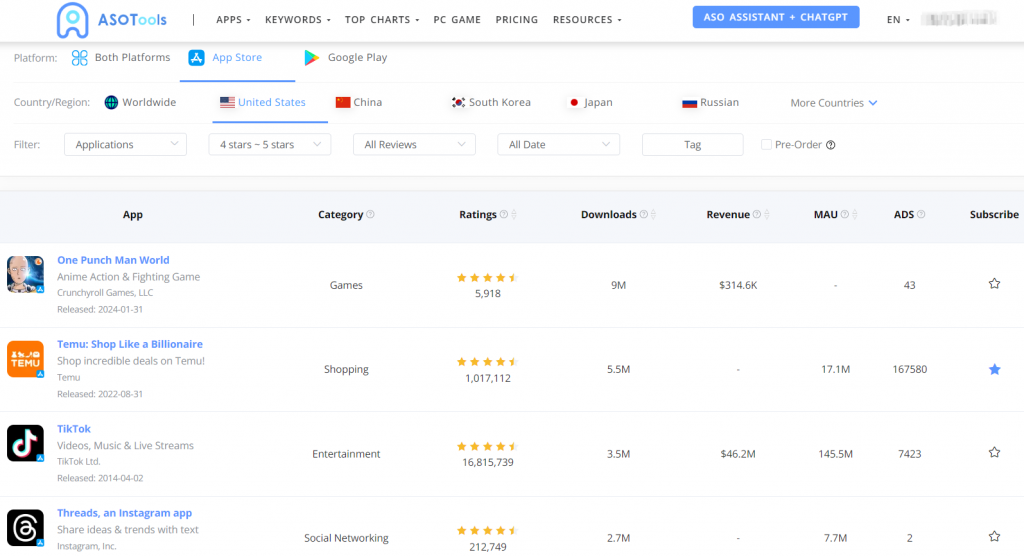
- App Analytics Tools: Gain insights into app data across countries, including app downloads, revenue, review trends, and competitor research.
- App Keywords Tools: Optimize app visibility in search results through keyword research for Google Play and the App Store.
- App Marketing Tools: Discover new trends and opportunities by analyzing top charts and store analytics of the App Store and Google Play.
Overall, ASOTools provides a comprehensive suite of tools and features that empower app developers and marketers to analyze competitors’ apps, optimize their app’s visibility, and make informed decisions to drive app success.
2. SocialPeta
SocialPeta is a marketing intelligence platform that provides ad intelligence, creative insights, and marketing strategy analysis for app advertisers. It allows marketers to analyze and monitor mobile ad campaigns across various ad networks, including Facebook, Google, and X.
SocialPeta’s database contains 70 million ad creatives from over 50 countries, making it a valuable resource for mobile marketers looking to stay up-to-date on the latest trends.
3. Google Analytics
Google Analytics is a free tool that works great for in-app analytics. It also has a premium version designed specifically for enterprises and provides more detailed information. It is available in iOS, Android and many other platforms. It doesn’t matter the size of your market, how many mobile apps downloads and traffic you generate, this free tool can help you track performance seamlessly.
4. Apple Analytics
Apple App Analytics is a free mobile analytics tool for…you guessed it: iOS. Apple Analytics tracks app store impressions, user engagement, as well as provides user segmentation tools. Their sales and trends section gives you insight into which of your apps or in-app subscriptions are the most popular. Using this data, you can make the necessary adjustments in your app to attract your new users as well as retain existing ones.
5. Data.ai
Data.ai is a trusted mobile insights and analytics platform which is great for getting the big picture of the market and how app performance shifts. With this solution, users can analyse competitor data, track daily rankings of their app, top keywords and other important KPIs. Data.ai offers four main products: Intelligence, Total Revenue, Ascend and Connect Plus.
6. Adobe Analytics
Adobe Analytics gives you the tools you need to understand your users.
This app analytics tool is priced for enterprise clients only. Adobe Analytics provides you with real-time analytics and detailed segmentation.
It provides a range of features for tracking and analyzing user behavior, including tools for understanding customer journeys, identifying trends and patterns, and measuring the effectiveness of marketing campaigns. Adobe Analytics also offers a range of integrations with other Adobe products and third-party platforms.
7. Firebase
Firebase is a mobile platform (backed by Google) that is used for developing apps that will help grow your user base on iOS and Android. From analytics, databases, messaging and crash reporting, you can analyse everything in one central location. Firebase is also integrated with other Google products such as Google Ads and AdMob.
8. Mixpanel
Mixpanel is an analytics service that helps companies track user engagement with their websites and mobile apps. It provides real-time data and insights into user behavior, allowing businesses to make data-driven decisions.
Mixpanel offers a variety of features, including event tracking, user segmentation, cohort analysis, and funnel analysis. It’s widely used by startups and large companies alike in industries such as eCommerce, gaming, and social media.
9. Glassbox
Glassbox provides digital experience analytics across mobile and web. They focus on journey mapping, but have many more features, listed below.
However, it is not as comprehensive or feature-rich as some of the other options on the market. It may lack some of the advanced tracking and analysis tools offered by other platforms, and may not be as scalable or flexible in terms of integrations and customization. While Glassbox Digital may be suitable for some apps, those looking for a more robust and comprehensive solution may want to consider other options.
10. Flurry
Flurry Analytics is a free mobile analytics software package for iOS, Android, and Windows. This easy-to-use platform allows you to track new users and active users, sessions and more. You can also measure and analyse activity across your entire app portfolio (including crash and user acquisition analytics). Not to mention, it’s very easy to install, requiring just three lines of code!
Analyzing data with mobile app analytics tools
Analyzing data with mobile app analytics tools can provide a wealth of information, but it can be overwhelming for newcomers who are unsure how to sort and interpret the data. To make it more manageable, let's explore the four categories of trackable mobile metrics: user engagement, customer acquisition, app performance, and customer satisfaction.
A) User engagement analytics:
This data helps assess whether users find value in your app. Key metrics to focus on include the number of downloads, in-app shares, daily, weekly, and monthly active users (which may vary depending on the app type), user retention, and time spent in-app. The specific metrics for user engagement depend on your app's objectives. For example, for an e-commerce app, focus on shopping metrics like "add-to-cart" events, purchases, and viewed items. For a gaming app, concentrate on user engagement metrics such as time spent in the app, levels reached, and secret features unlocked.
Remember, highly engaged users are more likely to return, make purchases, and share your app.
B) Customer acquisition:
This category provides valuable data on how you acquire new users, including their demographics (age, country of residence), and the marketing channels that drive user acquisition. It's important to consider the cost per acquisition and the average revenue or lifetime value of new users. When analyzing customer acquisition, don't just focus on numbers. Consider qualitative aspects as well. For example, evaluate user retention and engagement for each marketing channel to identify which ones bring in more long-term users.
C) App performance:
Analyzing the performance of your app is crucial for its optimization and improvement. This analysis provides insights into crash-related issues, errors, and carrier/network latency. Remember the statistic that 79% of users give an app a second chance if it fails once, but only 16% will try again if it fails repeatedly. Therefore, app responsiveness, speed, and crash rate are essential for attracting and retaining new users.
D) Customer satisfaction:
Satisfied customers are more likely to return and recommend your app. Mobile app analytics tools can help you understand authentic user behavior and assess customer satisfaction. It's important to meet user expectations and ensure that your app allows them to complete tasks smoothly. By identifying and addressing performance problems quickly and effectively, you can improve customer satisfaction and retention.
Optimizing and leveraging mobile app analytics tools can provide valuable insights to enhance user engagement, acquire new customers, optimize app performance, and improve customer satisfaction.
In conclusion, the selection of the best mobile app analytics tool is crucial for developers and marketers seeking to optimize their app's performance and make data-driven decisions. With a wide array of options available, including ASOTools, SocialPeta, Google Analytics, Apple Analytics, Data.ai, Adobe Analytics, Firebase, Mixpanel, Glassbox, and Flurry, there is a tool for every need and requirement. By carefully evaluating the unique capabilities and features of each tool, app owners can choose the most suitable solution to gain valuable insights, track user behavior, and drive the success of their apps. It is through leveraging these powerful analytics tools that app creators can unlock the full potential of their mobile applications in today's competitive market.
Grow Your App Business Now!
#1 ASO TOOLS--Drive organic growth with our app store optimization tools.
SIGN UP FOR FREE!